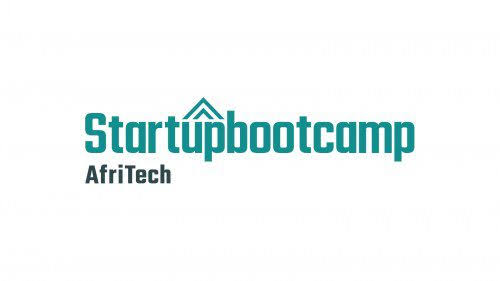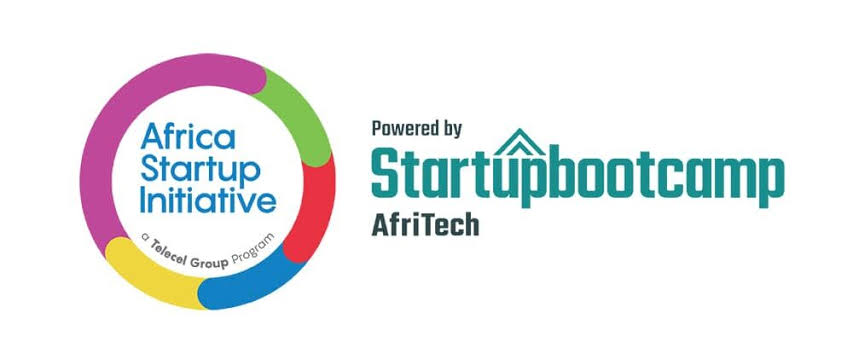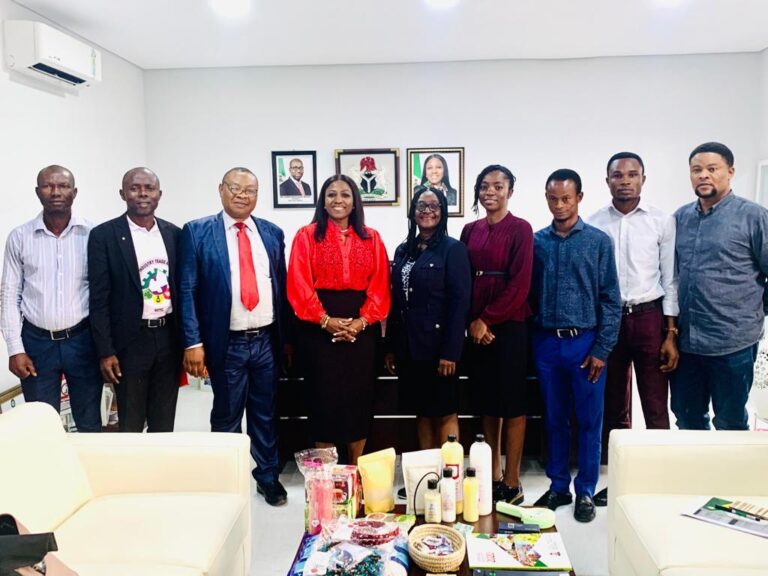The Dutch Entrepreneurial Development Bank (FMO) a leading impact investor that supports sustainable private sector growth in frontier markets, has partnered with leading pan-African tech accelerator, Startupbootcamp (SBC) AfriTech for the third installment of the Africa Startup Initiative Accelerator Program which is designed to scout skill and scale early-stage tech startups in Africa.
Africa’s vibrant startup ecosystem requires support from multiple fronts to grow exponentially and sustainably. The continent is characterized by impressive growth rates and by the end of July 2022, the continent had recorded an estimated 370 deals valued at more than 3 billion dollars.
The contribution of ecosystem enablers such as Startupbootcamp Afritech is one of the most important factors enabling startups to scale and innovate. Supporting enablers is also an essential part of the development process.
Through the Ventures Program and MASSIF, the financial inclusion fund FMO manages on behalf of the Dutch government. FMO invests in inclusive business models and partners with intermediaries to provide the expertise that improves business operations and also supports a more vibrant start-up environment. The partnership with SBC Afritech illustrates FMO’s commitment to empowering Africa’s tech ecosystem.
Speaking on this, Ventures Program Manager Marieke Roestenberg said, “As part of our entrepreneurial ecosystem building efforts, FMO was keen to support Startupbootcamp AfriTech in expanding their operations into more middle-tier markets. This partnership provides an opportunity to bring more world-class acceleration to entrepreneurs striving to build businesses that create jobs and better livelihoods for their families and communities.”
FMO joins partners such as DER/FJ, AWS, and Google in supporting the ASIP Accelerator program which aims to support the next generation of early-stage African tech startups disrupting key industry verticals that include FinTech, InsureTech, AgriTech, Climate-tech, eCommerce, Digital Health, and CleanTech. Inspired by FMO, SBC AfriTech has also added mobility, micro leasing, and digitizing the informal economy as key focus areas.
“Particularly when it comes to our regional focus, the alignment we share with FMO is a key reason why this partnership is so important. With their assistance, we continue our mandate to empower founders with disruptive solutions,” says SBC Afritech co-founder Philip Kiracofe.
Once selected, participants will spend 3 months undergoing intensive coaching through expert-led masterclasses covering scaling fundamentals -from the business model canvas, and lean methodology, to fundraising.
The program will take place in Senegal, culminating in a hybrid Demo Day where startup founders pitch their disruptive solutions to a broad audience of media, investors, corporate partners, and industry stakeholders.
Startups will also have access to SBC’s tailored coaching tool, the Accelerator Squared platform which has a complete library of content, group workshops, 1:1 mentoring, collaborative sessions with Entrepreneurs in Residence, and invite-only discussion forums with founders from around the globe.
This is in addition to customized support from experienced mentors and dedicated Entrepreneurs-In-Residence (EIRs). The 10 startups in the program will also receive benefits valued at more than $750,000, including credits from AWS, Google Cloud Services, and a cash investment of $18,000.
Over the last 5 years, 50 African startups have completed the SBC Afritech Accelerator. 90% of the alumni are still operating and scaling, and collectively, SBC portfolio companies have raised more than $110 million in follow-on funding.
This track record makes SBC one of the most successful early-stage programs on the continent and for investors, the fund has performed among the top 5% of Silicon Valley VC funds.
Applications for Cohort 3 will open on SBCAfriTech.com at the end of August. SBC AfriTech will host FastTrack scouting events in more than 10 countries around the continent, including Ivory Coast, Nigeria, Ghana, Kenya, Morocco, Tanzania, and Ethiopia.










